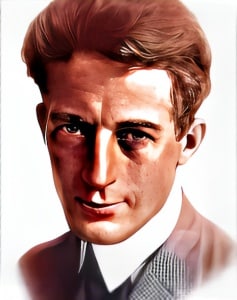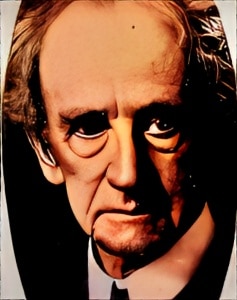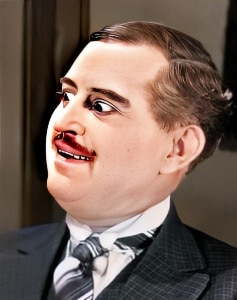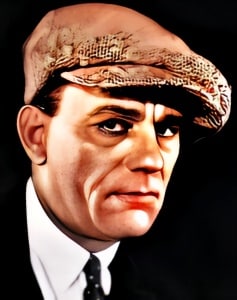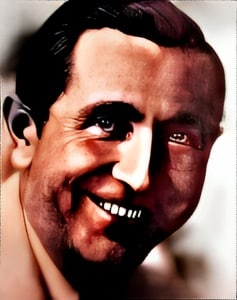 Malcolm St. Clair, a notable figure in the early days of Hollywood, was an American film director, writer, and actor whose career spanned from the silent film era to the emergence of sound in cinema.
Malcolm St. Clair, a notable figure in the early days of Hollywood, was an American film director, writer, and actor whose career spanned from the silent film era to the emergence of sound in cinema.
Born on May 17, 1897, in Cheshire, England, St. Clair made a significant impact on the film industry through his versatile talents and contributions to both silent and sound films.
St. Clair’s early career began as an actor in the theater and silent films. His transition into directing and writing demonstrated his multifaceted skills and passion for the art of filmmaking. He started as a director in the silent film era, creating a body of work that showcased his creativity and innovation.
One of his most noteworthy early films was “ The Goat,” a silent short film released in 1921. “ The Goat” is remembered for its slapstick comedy and inventive gags, a hallmark of the silent film era. It starred Buster Keaton, one of the era’s most renowned comedians and filmmakers. St. Clair’s involvement in this project was a testament to his ability to work with comedic geniuses like Keaton and contribute to the creation of enduring classics.
“ The Goat” followed Buster Keaton’s character, who, due to a case of mistaken identity, finds himself in a series of comical and precarious situations. The film’s physical humor, clever visual gags, and St. Clair’s directorial expertise made it a memorable addition to the silent comedy canon. His contribution to “ The Goat” played a significant role in solidifying the film’s reputation as a classic of the silent film era.
In addition to his work in silent film, Malcolm St. Clair made a successful transition to sound cinema as the industry evolved. His ability to adapt to the new medium illustrated his flexibility and enduring relevance in the ever-changing world of film. St. Clair’s work in sound films encompassed a wide range of genres, from comedy to drama, showcasing his versatility as a filmmaker.
St. Clair’s career was marked by collaborations with prominent actors and comedians of his time. He worked with legendary figures such as Laurel and Hardy, contributing to the success of their comedic endeavors. His directorial skills played a crucial role in shaping the performances and comedic timing of these iconic comedians.
One of the notable sound films directed by Malcolm St. Clair was “Pack Up Your Troubles” (1932), starring Laurel and Hardy. The film demonstrated St. Clair’s ability to harness the comedic chemistry and timing of the famous duo, creating a memorable and enduring work in the process.
Malcolm St. Clair’s career extended beyond directing; he also ventured into screenwriting, adding another dimension to his contributions to the film industry. His ability to craft engaging and entertaining stories enhanced the appeal of the films he worked on.
Throughout his career, St. Clair’s involvement in numerous films left an indelible mark on the history of American cinema. His capacity to work effectively in both silent and sound films, collaborate with celebrated comedians and actors, and his talent for storytelling ensured his lasting influence in the film industry.
In conclusion, Malcolm St. Clair was a versatile filmmaker who left a significant impact on the world of cinema during the transition from silent films to sound films. His involvement in the classic silent film “ The Goat,” starring Buster Keaton, is a testament to his directorial talents and comedic sensibilities. His adaptability and collaborations with legendary comedians like Laurel and Hardy further solidified his place in Hollywood history. St. Clair’s contributions to the film industry continue to be celebrated and remembered, marking his enduring legacy in the annals of American cinema.

